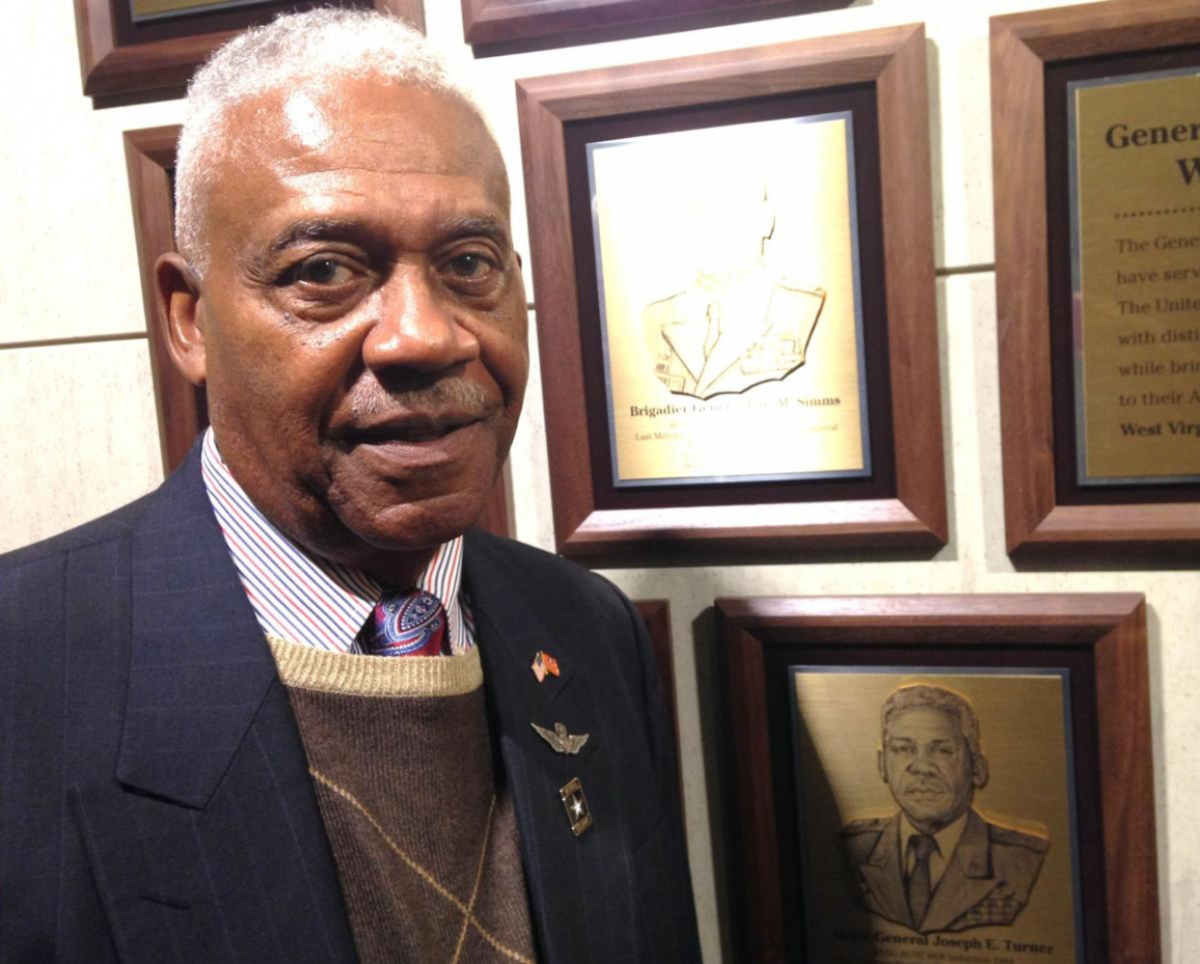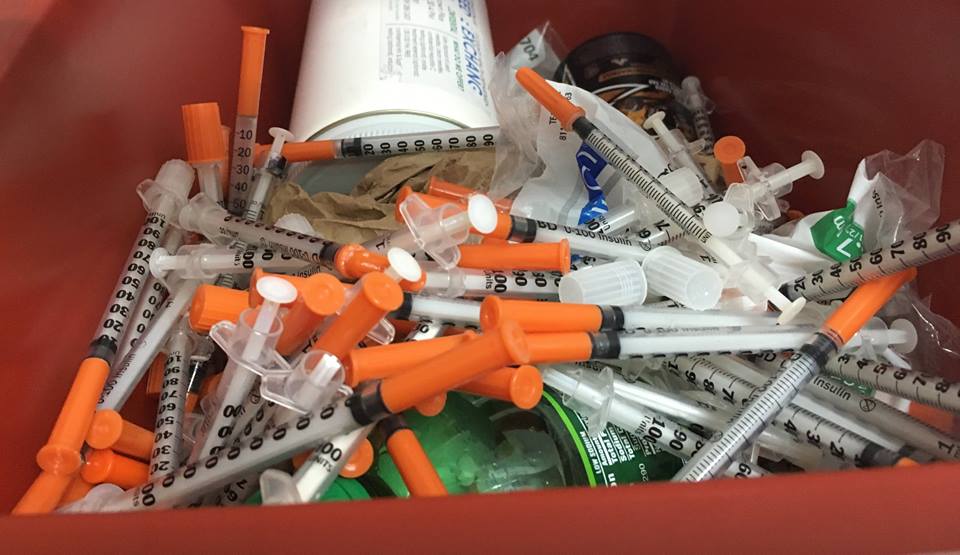West Virginia legislators want Gov. Jim Justice to put The Greenbrier in a blind trust after a Charleston Gazette-Mail and ProPublica investigation. But the governor dismisses the report as “garbage.”
West Virginia lawmakers are calling for a thorough reexamination of the state’s ethics rules following a Charleston Gazette-Mail and ProPublica investigation of the conflicts of interest created by Gov. Jim Justice’s ownership of The Greenbrier resort.
One central proposal, from state Sen. William Ihlenfeld, would make West Virginia the first state to mandate that governors place all of their assets into a blind trust, something Justice, the wealthiest man in the state, has refused to do. Under such an arrangement, business holdings are placed under the control of an independent manager, shielding the public official from at least the appearance of a conflict.
Justice, a billionaire, has faced questions about how his vast business empire intersects with his job running the state, raising stark similarities to the ethical entanglements of President Donald Trump.
The Gazette-Mail and ProPublica found that, despite what the Justice administration called a “moratorium” on state spending at The Greenbrier, government agencies paid for more than $106,000 in meals and lodging at the luxury resort since Justice became governor. State officials have also sought — and won — special permission to attend conferences at the hotel and to feature the iconic property in a state advertising campaign.
“He appears to be using public office for private gain,” said Ihlenfeld, a Democrat and a former U.S. attorney in northern West Virginia. “I think the law can be beefed up to prevent this kind of thing.”
Senate President Mitch Carmichael, a Republican from Jackson County, said that lawmakers would want to look closely at how Justice’s businesses interact with state government, including examining state agency spending at The Greenbrier. In addition to the resort, the governor listed more than 100 corporate entities on his most recent financial disclosure form. Many, from coal mining to farming to gambling, are regulated by the state.
“There is a growing sense of concern about those occurrences and circumstances surrounding the governor’s business affairs,” Carmichael said Tuesday afternoon. “We need to take a more broad approach to look at that.”
Justice has denied that his business ownership has created any obstacles to his ability to run state government and is touting that experience as an asset as he campaigns for reelection. During a public appearance on Tuesday at the Capitol in Charleston, the Republican governor dismissed the investigative report, likening it to tabloid-style journalism.
“I think the Charleston Gazette has become the Charleston Enquirer,” the governor said, in an apparent reference to the National Enquirer. “That’s the best I can tell you.”
He added: “They’re a waste of time. They make no news. All they do is throw garbage.”
While Justice turned over day-to-day operations of his companies to his adult children before taking office, he continues to hold ownership, profiting from state business and trade groups that lobby his administration.
At The Greenbrier, the potential for conflicts of interest was clear from the beginning. After winning the 2016 general election, Justice decided to hold his inaugural ball not in Charleston, as has been customary, but at his own resort. More than $1 million, raised from Statehouse lobbyists, industry leaders and special interest groups, flowed to The Greenbrier for inaugural expenses.
Julie Archer, coordinator of West Virginia Citizens for Clean Elections, said changes are needed in the state’s campaign finance rules to prevent that kind of windfall, but “that would just be touching the tip of the iceberg with this administration.”
“The similarities between Justice and Trump in this regard are astounding,” Archer said.
The governor’s office did not respond to multiple interview requests from the Gazette-Mail and ProPublica. A spokesman for the Justice companies has said the governor “has every right to have business interests as governor and he will continue to demonstrate great sensitivity to ethical considerations.”
Last week’s article by the Gazette-Mail and ProPublica detailed specific ways in which Justice has used his public position to benefit his private business.
For example, Justice had urged officials in Greenbrier County, where the hotel is a major employer, to earmark local tax dollars for improvement projects at the luxury resort, including a ski area.
The news organizations also reported that he chose to include The Greenbrier in a federal “opportunity zone.” Intended to help underdeveloped communities, the designation makes new investments in the targeted area eligible for lucrative tax breaks.
That news prompted state Delegate Shawn Fluharty, a Democrat from the state’s northern panhandle, to tweet: “The average WV can’t afford to even stay there and our own Governor wants to designate it as a poverty area so he can profit. He’s a walking opportunity zone. For himself.”
To be sure, local officials applied for the program to help the area recover after devastating floods in 2016. But tax experts say the designation could also benefit Justice and his resort.
Fluharty said he would introduce a House version of Ihlenfeld’s proposal to require governors to use blind trusts. “I think it’s something that should garner bipartisan support,” he said. “Some of the Republicans believe the governor is harming his own party.”
Currently, no state requires public officials to use a blind trust while they serve, according to the National Conference of State Legislatures. But in West Virginia and other states, wealthy governors have historically taken that step to avoid the appearance of ethical conflicts.
Assets are transferred into an entity that is controlled by a trustee. That trustee may sell or transfer interests without knowledge of the public official, making them “blind” to the effects their official actions might have on their own financial interests.
After initially promising that he would follow suit, Justice abandoned his plan to place The Greenbrier in such a trust.
A spokesman for Justice’s companies has said it would be pointless, because the governor would still own his holdings and know that he owned them. Ihlenfeld said that he would consider including language in his bill to require governors to sell their businesses if doing so was needed to eliminate conflicts of interest. “I think that’s reasonable,” he said.
Justice’s ownership has prompted federal attention. In March, criminal investigators with the U.S. Department of Justice’s Public Integrity Section issued a subpoena to the state Commerce Department, seeking documents about the administration’s dealings with, among other things, the resort’s professional golf tournament.
Prior to Justice’s gubernatorial run, the tournament benefited from more than $10 million in state sponsorship money, but Justice stopped that arrangement in 2016 to avoid political criticism. His administration briefly flirted with reviving the funding, but the governor blocked the effort after it was made public in local news reports.
Last week, on the same day the Gazette-Mail and ProPublica article was published, the tournament found new support. One of Justice’s coal companies, Bluestone Resources Inc., announced an “incredible donation” of 30,000 tickets next month for the public to attend the event, which has been rebranded from “The Greenbrier Classic” to “A Military Tribute at the Greenbrier.”
A news release quoted the governor’s son, Bluestone Resources CEO Jay Justice, saying the company was “thrilled” to make the donation for an event to honor veterans and first responders. The governor’s daughter, Greenbrier Hotel Corp. President Dr. Jill Justice, was quoted too. She said the resort “couldn’t be more appreciative of this generous donation.”
Phil Kabler of the Charleston Gazette-Mail contributed reporting.
This article was originally published by ProPublica. It was produced in partnership with the Charleston Gazette-Mail, which is a member of the ProPublica Local Reporting Network.
ProPublica is a nonprofit newsroom that investigates abuses of power. Sign up for ProPublica’s Big Story newsletter to receive stories like this one in your inbox as soon as they are published.



